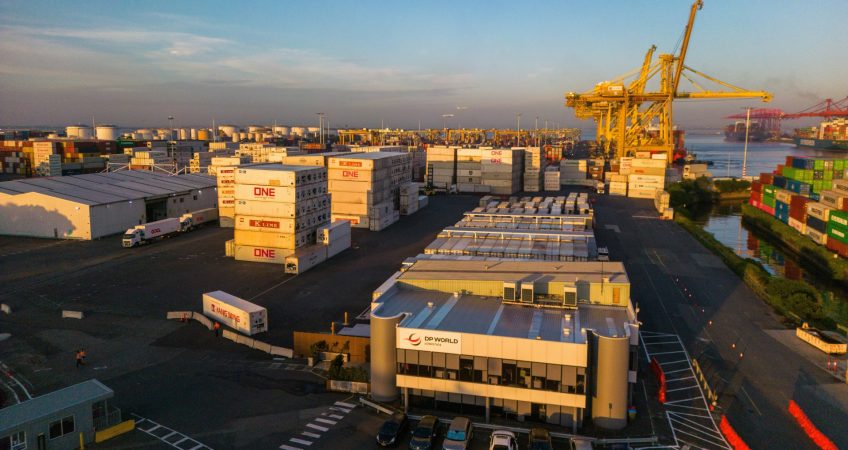
The Australian Competition and Consumer Commission (ACCC) has expressed significant concerns regarding DP World’s proposed acquisition of Silk Logistics, a prominent domestic logistics provider in Australia. DP World, a global leader in port operations and integrated logistics, seeks to expand its footprint beyond port management into inland logistics, creating a fully integrated supply chain. By merging DP World’s robust port operations with Silk Logistics’ expertise in inland freight, warehousing, and supply chain management, the acquisition promises enhanced operational efficiencies and potential cost reductions. However, this vertical integration raises critical regulatory alarms about its potential impact on market dynamics and competition.
The ACCC is particularly apprehensive about the implications of such consolidation, as it could grant DP World substantial control over the logistics value chain, extending from cargo handling at ports to final delivery inland. This level of control could stifle competition, resulting in higher prices, reduced service options, and significant barriers to entry for other logistics providers. Small and medium-sized enterprises, which heavily rely on competitive pricing and a diverse range of services, may face disproportionate challenges if market power becomes concentrated in the hands of the merged entity. Furthermore, concerns have been raised about the potential for anti-competitive practices, including tying and bundling services, or restricting access to critical infrastructure, which could further entrench DP World’s dominance and disadvantage competitors.
In accordance with the Competition and Consumer Act 2010, the regulator is conducting a thorough assessment of the proposed merger to evaluate its effects on market dynamics, consumer choice, and overall efficiency. To safeguard fair competition, the ACCC may impose remedies, such as behavioral or structural commitments, aimed at mitigating any adverse effects of the acquisition. While the merger could yield significant operational advantages and cost savings, ensuring a balanced and competitive market remains paramount to the regulatory process.
